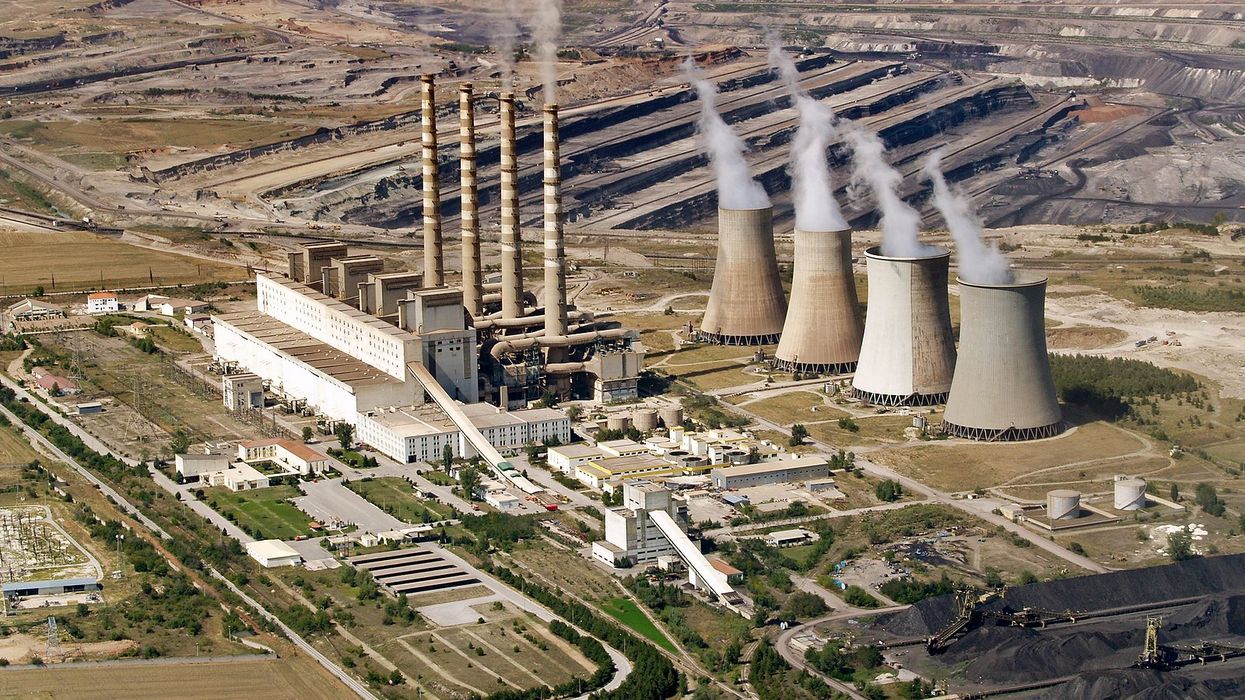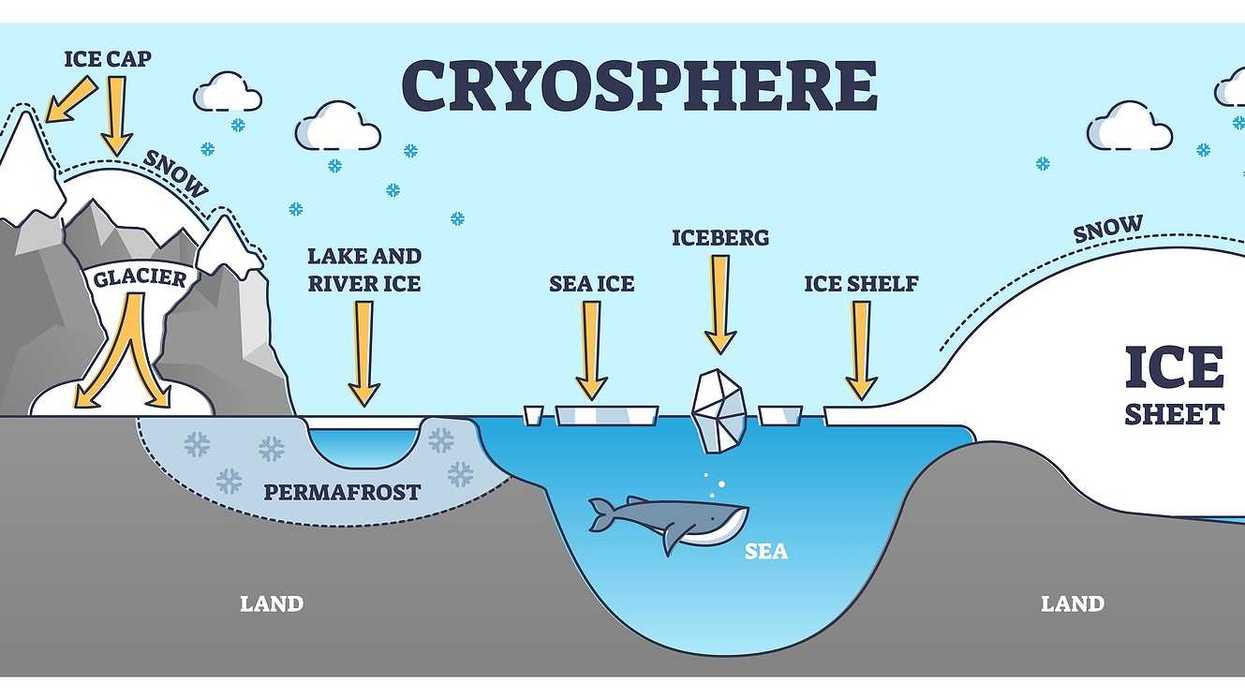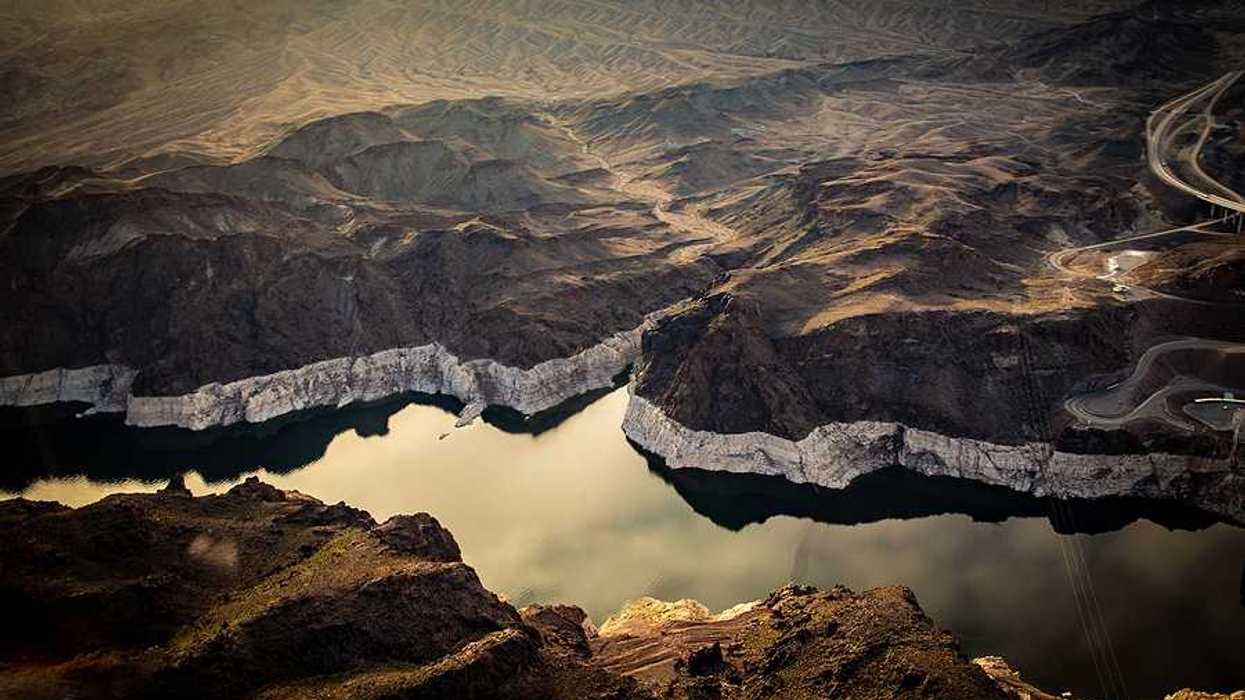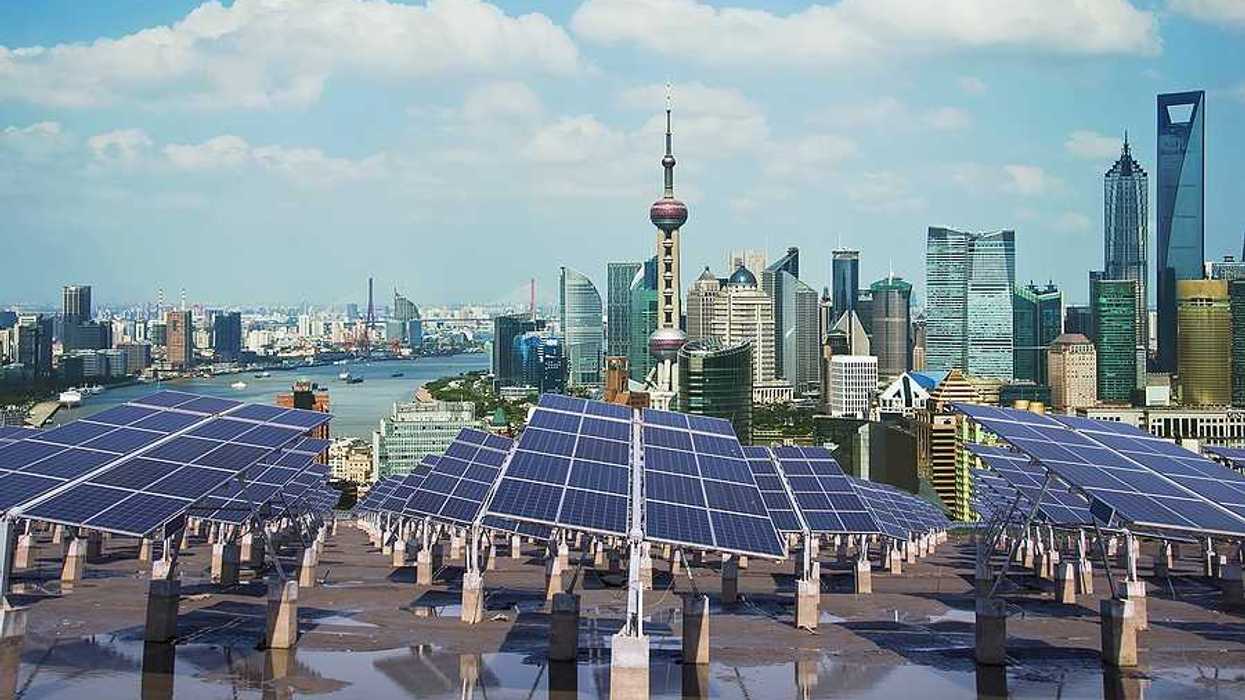Despite commitments to combat climate change, G20 nations have significantly funded fossil fuel projects in less affluent countries.
Fiona Harvey reports for The Guardian.
In short:
- G20 countries allocated $142 billion to fossil fuel developments abroad from 2020 to 2022, favoring gas over coal and oil.
- This financial backing occurred despite the G7's 2022 vow to cease such funding, highlighting a gap between pledges and actions.
- Recent investments, particularly by Japan, indicate ongoing support for fossil fuels, exploiting policy loopholes.
Key quote:
"We must continue to hold wealthy countries accountable for their role in funding the climate crisis, and demand they move first and fastest on a fossil fuel phase-out."
— Claire O’Manique, public finance analyst at OCI
Why this matters:
Despite international agreements aiming to reduce carbon emissions and transition towards cleaner energy sources, funding for coal, oil, and natural gas projects by G20 countries in lower-income regions persists. This financial support is often justified as necessary for economic growth and energy security in recipient countries. However, critics argue that it locks these nations into a future dependent on fossil fuels, which are detrimental to the environment and global health.














